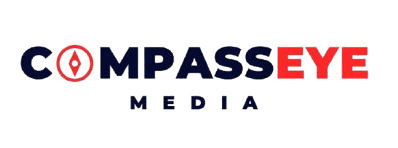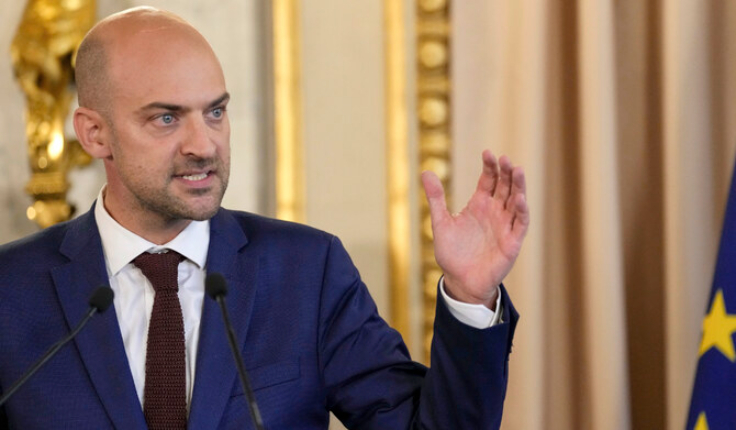
Following President Bola Tinubu’s approval of a 15 per cent import tariff on fuel imports, the pump price of Premium Motor Spirit, popularly called petrol, could exceed N1000 per litre, petroleum marketers warned on Friday.
The new policy, which takes effect after a 30-day transition period expected to end on 21 November 2025, is part of the government’s strategy to protect local refiners and reduce the influx of cheaper imported products that threaten domestic refining investments.
However, marketers say the move could backfire and push retail prices beyond the reach of average Nigerians.
Some depot operators who spoke on anonymity ground said, the decision could further raise the price of petrol, which already sells for around N920 per litre, in many parts of the country.
“As it is, the price of fuel may go above N1,000 per litre. I don’t know why the government will be adding more to people’s suffering,” one of the depot operators said.
Another depot operator added, “Unfortunately, some of the importers are working in alignment with Dangote, which is why the last price increase was general; all players raised their prices at once. Let’s just wait and see what happens next.”
Another operator added that without a clear framework to stabilise market forces and ensure fair competition, the new import duty could trigger another round of price hikes and worsen the hardship faced by consumers.
Hammed Fashola, National Vice-President of the Independent Petroleum Marketers Association of Nigeria, also weighed in on the tariff’s potential impact, noting that it could result in a price surge.
Fashola said the policy had both positive and negative effects, adding that it could discourage importation while promoting local refining.
The IPMAN leader opined that some marketers might perceive it as an opportunity to monopolise the sector in favour of Dangote and a few other refineries.
“The 15 per cent tariff on imported fuel has its own implications. Maybe the price will go up, and equally, it will discourage importers from bringing in fuel if it becomes too costly.
“But it has both negative and positive effects on the sector. I see that the government is trying to protect local refiners, but it will have its own implications because people will see it as a way of monopolising the industry for certain people. At the same time, the government aims to protect the local refiners.”
However, Fashola stressed that the failure of the local refiners to supply enough fuel into the domestic market could trigger a fuel crisis.
“If the local refiners fail, it will have its own implications. It may lead to scarcity, and people will not have an alternative. So, it has both positive and negative effects. That’s the way I see it,” he added.
“My advice or my prayer is to the new management of NNPC: the way they are going, I think they are going in the right direction, and they have to do it fast by bringing in investors to revive our refineries. If all NNPC refineries can come on board, it will solve a lot of problems. I hear people trying to say that maybe they’re going to practise monopoly, but that will not be there. This applies to other private refineries like BUA; when they are able to come up, I think that the fear of monopoly will not be there anymore. There will be competition among the refineries, and that will be good for us,” Fashola stated.
Meanwhile, the National President of the Petroleum Products Retail Outlet Owners Association of Nigeria, Billy Gillis-Harry, described the 15 per cent tariff as a win-win situation, stressing that the policy would be tested, though it is not a totally new policy.
“Our expectation is that at some point, it might be reviewed. We are looking for product availability and affordability. We must always keep an eagle eye on these two things. That’s what PETROAN will advise at this time. I want Nigerians to know that if we are looking for cheap fuel and we are driving everybody out of the business, the product will not be available, and then prices will skyrocket.
“As it is today, everybody is working with Dangote, and we know that Dangote cannot satisfy the country. So, there has to be a mix of product availability,” he added.
The PUNCH had earlier reported that President Tinubu approved the introduction of a 15 per cent ad valorem import duty on petrol and diesel imports into Nigeria.
The initiative is aimed at protecting local refineries and stabilising the downstream market. In a letter dated 21 October 2025, reported publicly on 30 October 2025, and addressed to the Attorney-General of the Federation and Minister of Justice, the Federal Inland Revenue Service and the Nigerian Midstream and Downstream Petroleum Regulatory Authority, Tinubu directed the immediate implementation of the tariff as part of what the government described as a “market-responsive import tariff framework.”
The letter, signed by his Private Secretary, Damilotun Aderemi, and obtained by our correspondent on Thursday, conveyed the President’s approval following a proposal by the Executive Chairman of the FIRS, Zacch Adedeji.
The policy comes as Nigeria intensifies efforts to reduce dependence on imported petroleum products and ramp up domestic refining.
An oil and gas expert, Olatide Jeremiah, said that the new tariff would “inevitably add a mark-up of about N100 per litre to the landing cost of petrol and diesel,” potentially creating unfair price competition among suppliers.
“This move will drive demand towards local refineries and increase government income,” the expert noted. “But it could also trigger price hikes and short-term energy insecurity, as even top energy-producing nations still import about 10 to 15 per cent of their fuel needs. Completely cutting off imports through high tariffs could expose the country to supply risks. The introduction of a 15 per cent tariff will add a mark-up of about N100 per litre to the landing cost of petrol and diesel, and it will give unfair price competition to the supply players.”






